Lisbon's Pilot City Activity: LX Climate Lab: Accelerating Climate Neutrality in Lisbon.

Background
In the context of Lisbon’s ambitious goal to achieve climate neutrality by 2030, the local challenges and barriers necessitate innovative solutions. The city faces hurdles such as the need for coordinated efforts among various stakeholders, including local government, citizens, businesses, and academia. Silo mentalities and governance barriers hinder the holistic vision required for effective climate action. The existing municipal structures need enhancement for knowledge transfer and innovation dissemination.
Addressing energy poverty, especially in low-income households, is another significant challenge.
The LX Climate Lab pilot activities aim to overcome these challenges by acting as an integrative platform. Key barriers, including a lack of systemic approaches, insufficient community involvement, and limited financial support, will be addressed. The pilot’s focus on a One-Stop-Shop for Energy, the creation of a Climate Innovation Academy, and financial accelerators demonstrates a strategic approach to fostering collaboration and innovation.
Description of Activities
The primary focus of the LX Climate Lab’s pilot activities is to accelerate Lisbon’s journey towards climate neutrality by 2030 through a multifaceted approach.
Key activities include of the lab include:
- The establishment of a One-Stop-Shop for Energy, providing comprehensive support for energy literacy, private residential building decarbonisation, and financial accelerators.
- To pioneer a Climate Action Fund to facilitate deep energy renovation of buildings, particularly targeting low-income households.
- The creation of a Climate Innovation Academy is envisioned, fostering knowledge transfer and experimentation through a Fab Lab Energy. The academy will facilitate workshops, bootcamps, and ideation sessions, promoting cross-fertilisation and peer learning between Lisbon and other Net Zero Pilot Cities. These activities collectively aim to break down silos, encourage community involvement, and leverage innovative solutions to accelerate climate action in Lisbon.
Objective
The pilot activities of the LX Climate Lab aim to catalyse systemic and collaborative innovations, including the establishment of a One-Stop-Shop for Energy, a Climate Innovation Academy, and financial accelerators, with the overarching goal of accelerating Lisbon's path to climate neutrality by 2030.
Are the pilot activities building upon or part of a previous and/or existing activity?
The LX Climate Lab builds upon Lisbon’s rich history of climate action initiatives, leveraging and expanding upon existing projects and programs. Initiatives such as the Lisbon Climate City Contract 2030 and the European Green Capital 2020 award laid the foundation. The LX lab ensures continuity, tapping into the city’s experience of projects like:
- Smart Cities and Communities EU programme where Lisbon worked on near-to market and replicable solutions on energy management, data management, citizen engagement, deep energy building retrofit, and a portfolio of mobility pilot cases
- LxDataLab for data-driven urban solutions in Lisbon
- VoxPop aims to foster the digital transition of the mobility sector, through a process of change based on the 3 main vectors of digital transformation: People, Processes and Technology
- UP2030 – a Horizon Europe project which aims to support cities in driving the socio-technical transitions required to meet their climate neutrality targets by leveraging urban planning and design;
- and the Lisbon Green Commitment fostering sustainability brought together more than 250 stakeholders, in a total of more than 2500 actions that the stakeholders are committed to implement, from waste reduction and separation to sustainable mobility, including energy savings.
Which emissions domains will the pilot activities address?
Systemic transformation – levers of change the pilot activities will exploit
Stakeholder types that the city would like to engage in the pilot activities
Transferable features of the pilot activities to a Twin City/ies
- One-Stop-Shop for Energy (OSS): The comprehensive support structure for energy-related initiatives, including energy literacy, building decarbonisation, and financial accelerators, is a transferable model that can be replicated to streamline climate initiatives in a twin city.
- Climate Innovation Academy: The concept of a knowledge transfer hub with a Fab Lab Energy for workshops, bootcamps, and ideation sessions is replicable. It can be adapted to foster innovation and collaboration in twin cities, promoting cross-fertilisation and peer learning.
- Financial Accelerators and Climate Action Fund: The approach of co-designing financial instruments like the Climate Action Fund to support energy renovations, particularly targeting low-income households, is transferable. The model can be adapted to the financial and social context of a twin city to address energy poverty and promote climate neutrality.
This answer is not exhaustive and simply an indicative one.
Enabling conditions that will support the successful replication of your pilot activities in the Twin City
Replicating pilot activities successfully in a new location such as the Twin City requires a conducive environment across various dimensions. Here are some enabling conditions that could support such replication:
- Infrastructure: Adequate infrastructure is crucial for the replication of pilot activities. This includes physical infrastructure such as roads, utilities, and buildings, as well as digital infrastructure like internet connectivity. Ensuring that the Twin City has robust infrastructure will facilitate the smooth implementation of pilot projects.
- Skills and Human Resources: Availability of skilled workforce and human resources capable of executing and managing the pilot activities is essential. This may involve training programs to upskill local talent or attracting skilled professionals to the Twin City. Additionally, fostering a culture of innovation and entrepreneurship can encourage local residents to participate in and contribute to the replication efforts.
- Local Administration and Governance: Supportive local administration and governance structures play a critical role in facilitating the replication process. This involves streamlined regulatory processes, efficient permit approvals, and clear guidelines for implementing pilot projects. Collaborative partnerships between government agencies, private sector organisations, and community stakeholders can also enhance coordination and decision-making.
- Legal Framework: A supportive legal framework is necessary to address any legal barriers or uncertainties that may arise during the replication process. This includes laws and regulations related to intellectual property rights, data privacy, liability, and contract enforcement. Clarity and consistency in legal requirements can provide certainty to stakeholders and mitigate risks associated with replication activities.
- Economic Context: The economic context of the Twin City, including factors such as market demand, investment climate, and funding sources, will influence the feasibility and sustainability of replicating pilot activities. Access to financial resources, such as grants, loans, or private investment, can support the scaling up of successful pilot projects. Additionally, fostering a supportive ecosystem for startups and small businesses can stimulate local economic growth and innovation.
- Community Engagement and Attitudes: Engaging with local communities and gaining their support is crucial for the success of replication efforts. This involves communicating the benefits of pilot activities, addressing concerns or objections, and asking for feedback from residents and stakeholders. Building trust and fostering a sense of ownership among community members can enhance the sustainability and impact of replicated initiatives.
This answer is not exhaustive and simply an indicative one.
What does the city want to learn from Twin City/ies?
- Optimising Regulatory Processes: Investigate best practices for streamlining regulatory processes to expedite the approval and implementation of pilot projects. This could involve studying approaches used in other cities to reduce bureaucratic hurdles and enhance efficiency in permitting and licensing procedures.
- Building Sustainable Funding Models: Explore strategies for developing sustainable funding models to support pilot activities beyond initial grants or investments. This could include researching alternative financing mechanisms such as public-private partnerships, crowdfunding, or revenue-generating models to ensure long-term financial viability.
- Enhancing Community Engagement and Participation: Examine innovative approaches for fostering meaningful community engagement and participation in pilot initiatives. This could involve learning from successful community outreach programs, participatory decision-making processes, and communication strategies to ensure that projects reflect the needs and priorities of local residents.
- Integrating Emerging Technologies: Explore the integration of emerging technologies such as artificial intelligence, Internet of Things (IoT), or blockchain into pilot projects to enhance efficiency, transparency, and effectiveness. This could involve studying case studies and pilot programs from other cities to identify promising applications and potential challenges.
- Measuring and Evaluating Impact: Develop methodologies for measuring and evaluating the impact of pilot activities on key performance indicators such as economic development, social equity, environmental sustainability, and quality of life. This could involve designing evaluation frameworks, collecting relevant data, and analysing outcomes to inform decision-making and improve future iterations of pilot projects.
This answer is not exhaustive and simply an indicative one.

